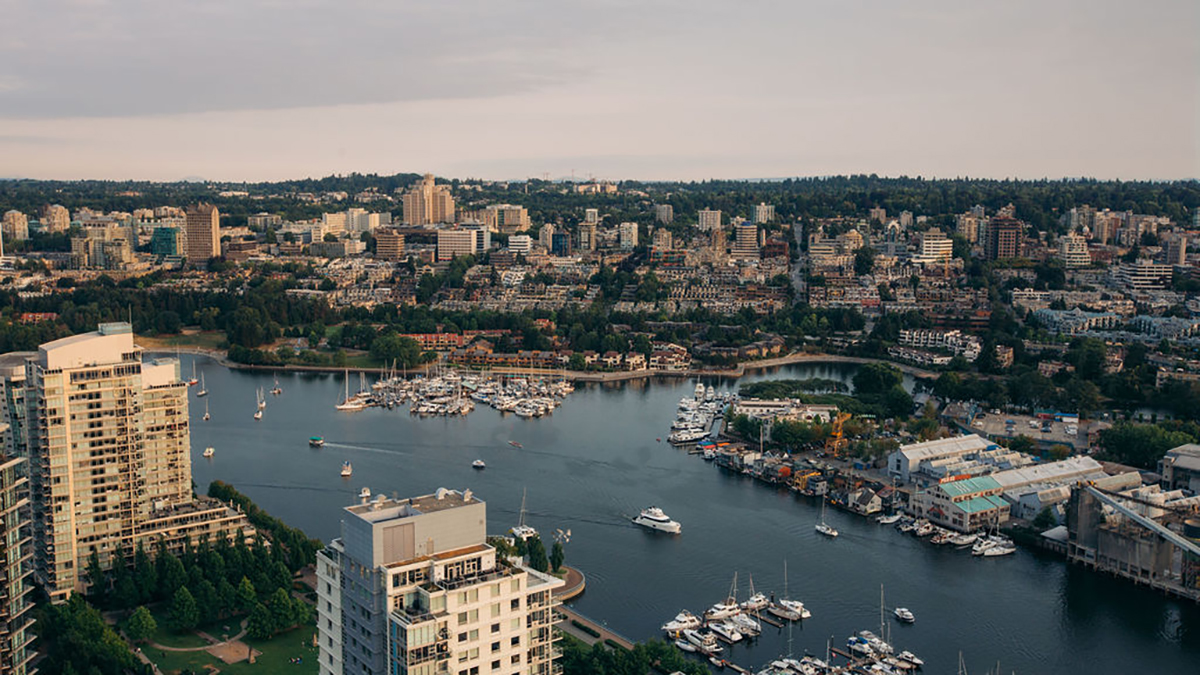
In a bid to tackle the escalating challenges posed by short-term rentals, British Columbia's Premier David Eby and Housing Minister Ravi Kahlon have unveiled a comprehensive legislative overhaul. The new regulations, announced under the Short-Term Accommodations Act, aim to curb profit-driven operators and reclaim housing units for the long-term market.
Addressing the media, Premier Eby highlighted the gravity of the situation: "There is no question, in British Columbia short-term rentals have gotten out of control." He emphasized the adverse impact on the housing market, with thousands of homes that were once available for purchase or rent now withdrawn, exacerbating the struggle for decent housing.
Key Changes and Measures:
Increased Fines:
The legislation will triple the fines for rule-breaking hosts, escalating from $1,000 per infraction per day to $3,000.
Regional District Empowerment:
Regional districts, previously lacking the authority to regulate businesses, will now be empowered to license and regulate short-term rentals.
Principal Residence Requirement:
By May 2024, a principal residence requirement will be enforced, meaning individuals can only rent out the home in which they reside for most of the year.
Display of Business License Numbers:
Starting May 2024, rental listings on platforms like Airbnb and VRBO must display municipal business license numbers. Non-compliant listings will be removed from the site.
Data Sharing with the Province:
By summer 2024, short-term rental platforms will be obligated to share data with the province, including host information. This aims to facilitate a more integrated approach to regulation and enforcement of provincial rules.
Provincial Registry:
By the end of 2024, a provincial registry will be operational. Short-term renters will have to register, and non-compliant listings will be removed. This effort will be supported by a provincial compliance and enforcement team.
Government's Perspective:
Housing Minister Ravi Kahlon reiterated the urgency of the legislation, emphasizing its significance in addressing the rising rents and the lack of affordable housing options. The aim, according to the province, is not to penalize casual short-term renters but to target profit-driven operations that contribute to the housing crisis.
Industry Response:
While the government asserts that these measures are necessary, Airbnb has expressed concerns. They argue that the legislation will not alleviate the housing crisis and will have an adverse effect on hosts, visitors, and tourism revenue.
The newly introduced legislation serves as a foundation for addressing the challenges posed by short-term rentals in British Columbia. Municipalities and regional districts have the flexibility to augment penalties or implement additional rules as needed. Ultimately, the goal is to strike a balance that preserves housing availability and affordability without unduly impinging on the legitimate use of short-term rentals.
If you have a current short-term rental you are considering to rent long term, speak to a VIRANI Advisor for a comprehensive rental analysis. 604.695.1000.
Sign in
Please fill out the form below to sign in to your account.
Create Account
Please fill out the form below to sign up.
